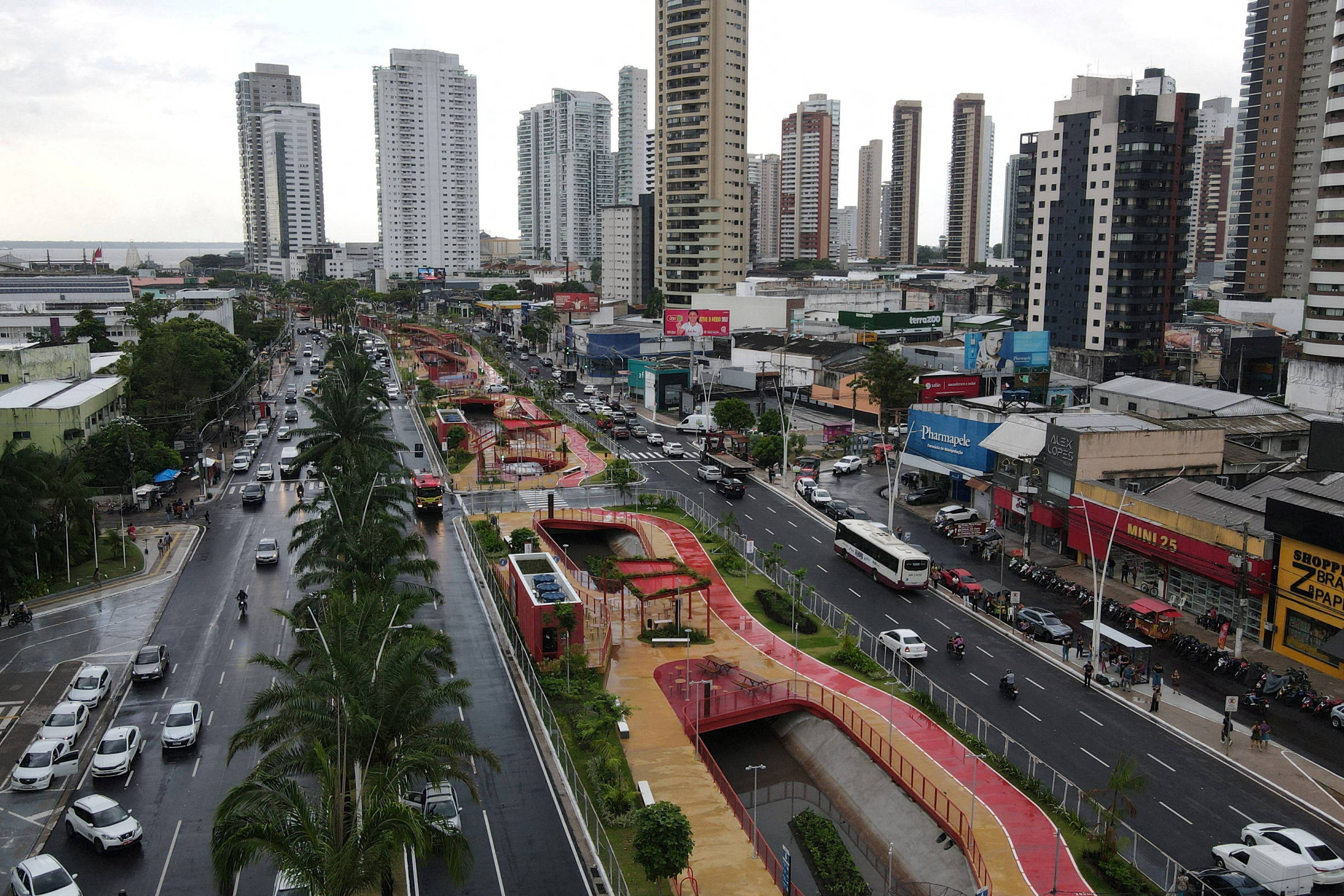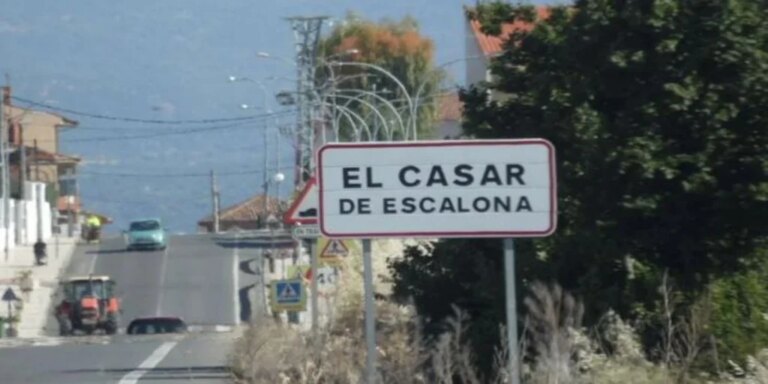
Just before the start of the climate conference, which began this Monday (10th) and will run until November 21st, the Federal Court prohibited Belém City Hall from forcibly removing homeless residents and ordered it to carry out a diagnosis and create 320 new shelter spaces. The measure would also require unions to help municipalities rebuild services.
The decision by Federal Judge Maria Carolina Valente do Carmo is urgent and responds to a request for litigation by the Federal Public Ministry (MPF), the Public Ministry of the State of Pará (MPPA), the Federal Public Service Department (DPU), and the Public Defender’s Office of the State of Pará (DPE-PA).
For violations of the prohibition on forcible removal and forced recovery of goods, a fine of R$5,000 was established for each person wrongfully removed. The decision also prohibits hostile structures that impede the stay of these residents and imposes a fine of R$10,000 for each violation.
“As soon as it prohibits forced removals, this decision takes immediate effect. It begins to take effect in the period before the formal opening of the COP, but extends until the moment after,” explains Sadie Machado, regional lawyer for civil rights in the state of Pará, who was one of the signatories of the request.
Local governments will also have three months to carry out a social assessment and a 60-day period to provide basic hygiene products and alternatives to tent accommodation.
The court set a deadline of January 26, 2026 for the municipality to present a plan to reconstruct services of medium complexity and create new pop centers (specialized centers for the homeless population) providing food, hygiene and citizenship services, as well as a similar deadline for the creation of at least 320 new locations, subject to a fine of R$5,000 per day plus R$5,000 in case of non-compliance.
The decision also includes unions being required to provide technical assistance to municipalities in developing plans to rebuild acceptance of this population.
“This is a very important decision, because it aims to fulfill and guarantee the fundamental rights of the homeless population of Belém and, in fact, all obligations owed to public authorities towards this population will be fulfilled,” says Sadi.
The Prosecutor also underlined the importance of the decision to ensure attention to these cases at the international level during the World Climate Conference.
“This is a historic milestone ahead of COP 30, because it ensures that even the organization of international events with foreign authorities cannot remove the obligation that public authorities have for the fulfillment and realization of the fundamental rights of homeless populations.”
City denies forced collection
Belém City Hall denied that any kind of “forced assembly” had taken place. According to the organization, residents are consulted during integrated conservation activities conducted by the Papa João XXIII Foundation, and only those who are interested will be directed to the reception area.
According to the agency, the municipality has four dedicated units for this service, including two POP centers that operate during the day and provide 1,168 services per month, and two CAMARs that operate 24 hours a day and receive 73 applications per month.
The organization announced that it is working to restructure the space as vacancies are expected to increase. Construction on Espaço Acolher, a municipal hostel that is open every day, including weekends and holidays, is 50% complete.
The Department of Human and Civil Rights (MDHC) said it was aware of the court’s decision and reported that the forced removals were inconsistent with the principles and guidelines of the National Policy on the Homeless Population (PNPSR). The PNPSR is a guideline for the actions of the Brazilian State to promote, protect and defend the human rights of the homeless population.
Recognizing the importance of this topic and the City’s preparedness for hosting COP30, the City was willing to adopt measures to guarantee the rights of this population and to work with the City to promote solutions based on dialogue, social justice and human dignity.



